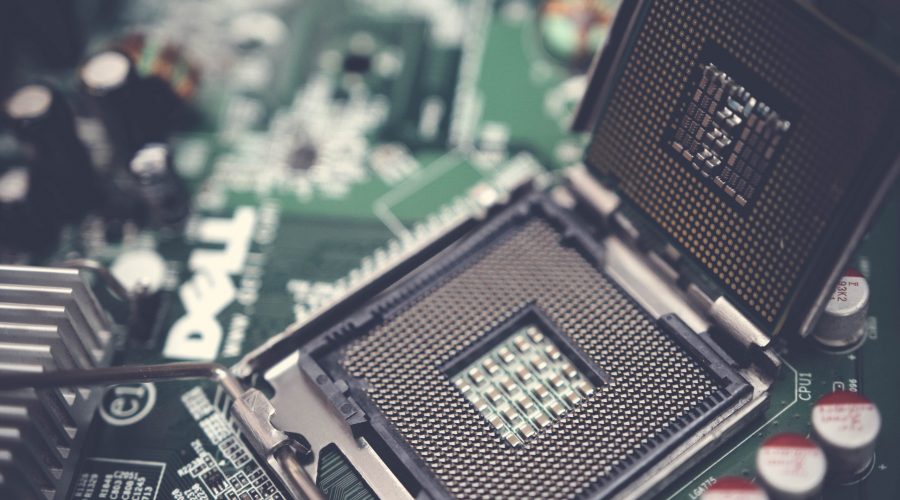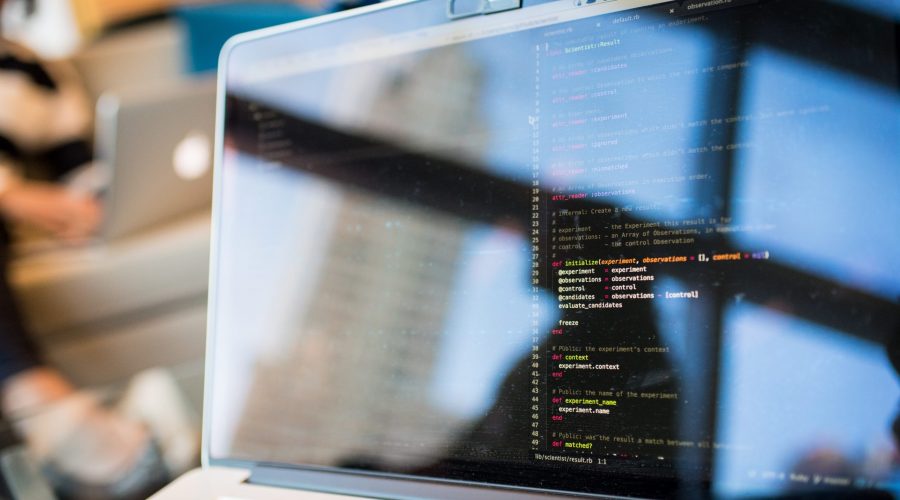Today, the Department of Commerce’s Bureau of Industry and Security (BIS) released an Interim Final Rule (IFR) implementing targeted export controls on certain laboratory instruments. The United States recognizes that ensuring the responsible use of biotechnology, particularly when combined with advances in artificial intelligence (AI) and data science, is essential to safeguard public health, agriculture and food production, and the environment. At the same time, the United States needs to address the benefits and risks of biotechnology given the potential that its use, particularly when coupled with AI and biological design tools, could strengthen the military capabilities of countries of concern and pose threats to U.S. national security.
“Throughout the Biden-Harris administration, BIS and its interagency partners have carefully assessed critical technologies, including those related to biotechnology, to determine if additional export controls are warranted,” said Under Secretary for Industry and Security Alan F. Estevez. “We have strategically crafted these controls to focus on countries of concern while preserving the global community’s ability to responsibly use these laboratory instruments to advance the significant beneficial uses of biotechnology.”
As noted in Executive Order 14081, emerging biotechnology capabilities have inherently dual-use applications: they promise great improvements in human wellbeing but have the potential to be misused by malign actors. The instruments controlled by this IFR are highly suitable for generating large, detailed biological datasets, which can be analyzed to discover complex patterns governing the function of biological molecules, cells, and organisms. This information has a wide range of civil and commercial applications. However, evidence suggests that certain countries are actively pursuing a strategy to exploit these techniques for asymmetric military advantage.
This IFR controls the following instruments:
- High-parameter and spectral flow cytometers and cell sorters, which are used to simultaneously measure multiple features of individual cells or particles, allowing scientists to rapidly produce large, high-information biological datasets.
- Certain liquid chromatography mass spectrometers (LC/MS) specially designed for proteomics, the study of all or a significant portion of proteins produced and/or modified by an organism to elucidate the interactions, function, composition, and structures of proteins and their cellular activities.
While this IFR imposes new license requirements for these instruments, license exceptions will be available for certain destinations. Exporters will also be required to file Electronic Export Information in the Automated Export System for certain exports.
This IFR, which takes immediate effect, is the latest step in the administration’s ongoing efforts to address national security and foreign policy concerns related to critical technologies. BIS invites public comments on this IFR, which must be submitted no later than 60 days after the rule’s publication in the Federal Register. Information on submitting comments can be found in the “addresses” portion of the rule’s preamble.
This Blog is made available by Wilmarth & Associates for educational purposes as well as to give you general information and a general understanding of export law and compliance, not to provide specific legal advice. This blog is not legal advice and should not be treated as such. You must not rely on this blog as an alternative to legal advice from your attorney or other professional legal services provider. The information provided on this website is presented “as is” without any representations or warranties, express or implied.





